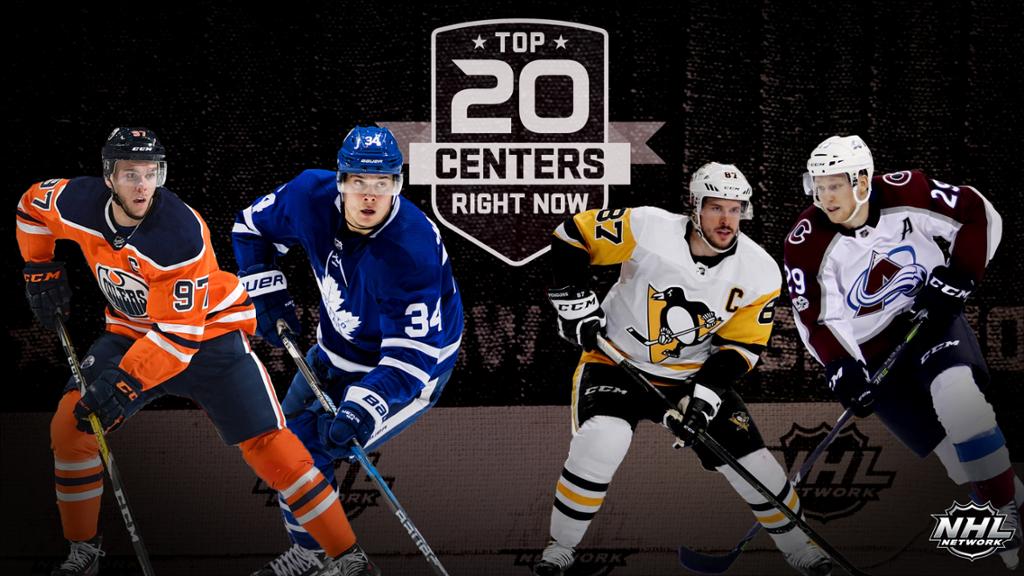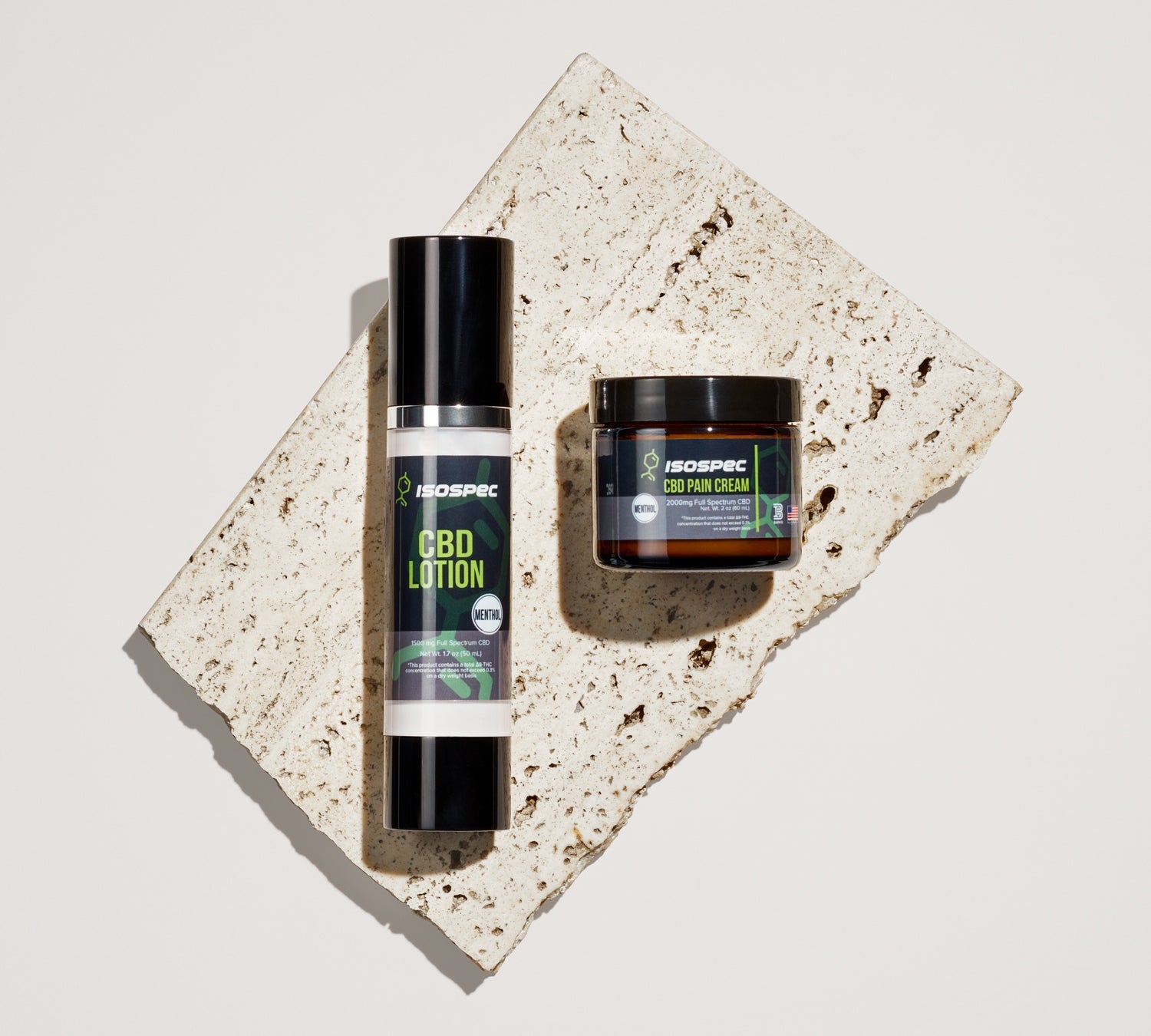CBD Articles
NHL
In terms of physical demand, hockey is high on the list. In addition to being a full-contact sport, brawls on the ice are a major draw for spectators. Similar to the NFL, the NHL team doctors answer to the taxing game of hockey by prescribing painkillers and other pain-masking medications.
Unlike the NFL, however, cannabis is not on the National Hockey League’s (NHL) list of banned substances as it is not considered performance enhancing. However, this does not mean that the league condones the use of marijuana. Players are still tested for cannabinoids under the NHL/NHL Players Association (NHLPA) Substance Abuse and Behavioral Health Program.

If an NHL player tests positive for cannabinoids, there is no discipline. Rather, the results are sent to the NHL/NHLPA committee anonymously for review and the committee uses the results to determine testing practices in the future. Only if high levels of cannabinoids are found in the system is a player subject to a mandatory assessment by a doctor.
For retired NHL player Riley Cote (former enforcer), leaving cannabis off the performance enhancing list is not enough. Rather than turning a blind eye to marijuana use, Cote wants the league to recognize cannabis as a medical solution.
“[Cannabis] is a tool and it needs to be treated with respect…. It’s all about increasing quality of life. It’s about helping these guys wake up the next morning, where they can feel functional enough, good enough, [that] they can enjoy their family and not worry about the pain and anxiety — that vicious cycle that generally leads to mental health issues” – Riley Cote, former enforcer.

The Prohibited Substances List negotiated by the NHL and NHLPA reflects the WADA’s list of performance-enhancing substances (source). With influence from the WADA, it is possible that we will see additional reform to the rules surrounding cannabinoids. As of now, the push from players is in respect to medical marijuana, not CBD; however, a change in cannabinoid policy will be to the benefit of THC as well as CBD. With the most lenient rules regarding cannabinoids in major league sports, the NHL could lead the way in professional sports in regards to CBD.
CBD in NHL
The NHL Alumni Association has teamed up with Canopy Growth and NEEKA Healthcare Canada to take a closer look at the health of retired NHL players and how cannabis could potentially help them.The partnership will create a new clinical research initiative that will investigate the effectiveness of cannabinoids (CBD) as treatment for post-concussion neurological diseases in former NHL players.
It will also be aimed at limiting a former NHL player’s reliance on opioids to deal with pain.Painkillers, which can be highly addictive, are often prescribed for nagging injuries that might stretch into retirement and it’s no secret that some former players have suffered from neurological problems or mental health issues after their careers.CBD is a non-psychoactive compound found in cannabis plants and has been called a viable treatment for pain, depression, and anxiety.
Glenn Healy, former NHL player and executive director of the NHLAA, said they are excited to participate in the study that offers alumni “promise of help and hope.”
“NHL alumni gave everything they had during their careers, but the physical consequences after they hang up their skates can be devastating for both players and their loved ones for the rest of their lives,” said Healy.
Around 100 former NHL players have already enrolled in the study, which will be lead by NEEKA Healthcare Canada and neurosurgeon Dr. Amin Kassam.The study hopes to establish the medicinal value of cannabis when combined with other treatments for elite athletes and “potentially improve their ability to interact with family, friends and their communities.”NEEKA has defined the impairments caused by past concussions that leads to debilitating limitations in the ability to cope with one’s environment as function disintegration.
“What you are going to do with your science to make a difference for every player who has played the game, everyone that plays the game today…that has functional disintegration, you are going to make a difference,” said Healy.Healy added he hopes to finally be able to provide some answers for the families of players suffering from functional disintegration.“It’s never the player, it’s always the wife. ‘Somethings not right’.” It’s the kid, ‘I want Dad back. Dad’s not right’,” said Healy. “I don’t have answer. As of today, we are going to have the science to back up the answers.”
Canopy Growth’s Chief Medical Officer Dr. Mark Ware thanked the members of the NHLAA for their willingness to join their research partnership, saying it spoke “to the need for alternative medical treatments to treat the long-term and often devastating effects of concussion.”The research project will begin this summer and is expected to take a year to complete.“In 2020, at the Stanley Cup final in front of hundreds of reporters. we will have science to back this. We will have answers. We will have hope,” said Healy.A statement from Canopy Growth said the results could also catalyze new research initiatives to further investigate the potential of CBD as a treatment for brain injuries.

